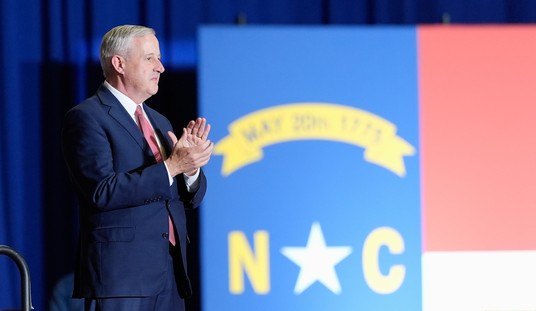FILE – In this April 9, 2016 file photo, Drew Pinsky arrives at the MTV Movie Awards in Burbank, Calif. Pinsky’s show “Dr. Drew,” has been canceled by the HLN network. His last episode will air on Sept. 22. (Photo by Jordan Strauss/Invision/AP, File)
Dr. Drew Pinsky is well known in the entertainment industry as the cohost of Loveline, former host of KABC radio’s Midday Live, counselor for MTV’s Teen Mom OG and the host and counselor for Celebrity Rehab. He was even “the eagle” in the reality competition hit The Masked Singer.
Pinsky, affectionately known as “Dr.Drew” has been especially vocal about California’s homeless situation and the complete ineptness of state and local government in fixing the issue. He isn’t really an entertainer. His “real gig” is addiction counseling and he sees mental health and addiction as the two gravest issues in the fight against homelessness.
As I’ve pointed out in my podcast on the homeless issue here, a huge part of the problem is that our drug sentencing laws have changed dramatically. Many drug felonies have been dropped down to misdemeanors that have no other penalty than a ticket…and how do you send a ticket to a homeless person? Not only do the sentencing laws reduce consequences for offenders and embolden open, addictive drug use, they also end up putting more homeless people onto the streets. Once mentally ill drug addicts leave state care, they have nowhere to go but the streets – where they know they can live without fear of arrest or hassle from local authorities and can steal up to $950/day without being arrested.
The measure that did this to California is known as Prop 47, and it also allows the mentally ill to refuse treatment. This is a huge problem given that according to Pinsky’s information nearly 80% of addict refuse help. In Monday appearance onGood Day LA, the Loveline host said law enforcement needs to regain the ability to detain mentally ill and violent homeless addicts against their will.
“It’s not just solving the mental and addiction problem for the homeless — the homeless problem is a mental health and addiction problem,” Dr. Drew said. “If you don’t have leverage, some consequence for using… they will use until they die – and that is murder.”
Dr. Drew says that only 10 percent of people with a drug problem seek treatment. “80 percent of people say that they don’t want it and they don’t need it — that’s the nature of the disease.”
The mental health problem on the streets cause something called anosognosia, which blocks an individual’s insight into what’s happening to them, so there’s zero motivation to change things. Dr. Drew referred to this as “active resistance.” “Their brain motivational systems are set up to use (drugs) as the priority.”
“If you don’t do something to get in the way of that, they will keep using until they die. They don’t want treatment so you have to leverage them into treatment to create the motivation,” Dr. Drew said.
He went on to liken it to something much more serious than politics as usual.
The fact is — (Prop) 47 is murder. It is murder.
Pinsky says he has a five-point plan to reduce the homeless crisis and its terrifying consequences:
Step 1: Modify Prop 47 to include “motivated treatment.” In other words, if you don’t go to treatment, you’ll go to jail.
Step 2: Implement SB 640 – allow involuntary commitment when needed.
Step 3: Remove the “IMD exclusion” — remove exclusion for mentally ill patients, allow Medicare to pay for psychiatric facilities.
Step 4: Create psychiatric care advance directives.
Step 5: Build environments for care – not imprisonment.
Dr. Drew says that by imposing this five-point plan, at least half of the mentally ill people in the state will be off the streets.
“Three a day will die today, while we sit here with the same laws,” Dr. Drew added.












Join the conversation as a VIP Member